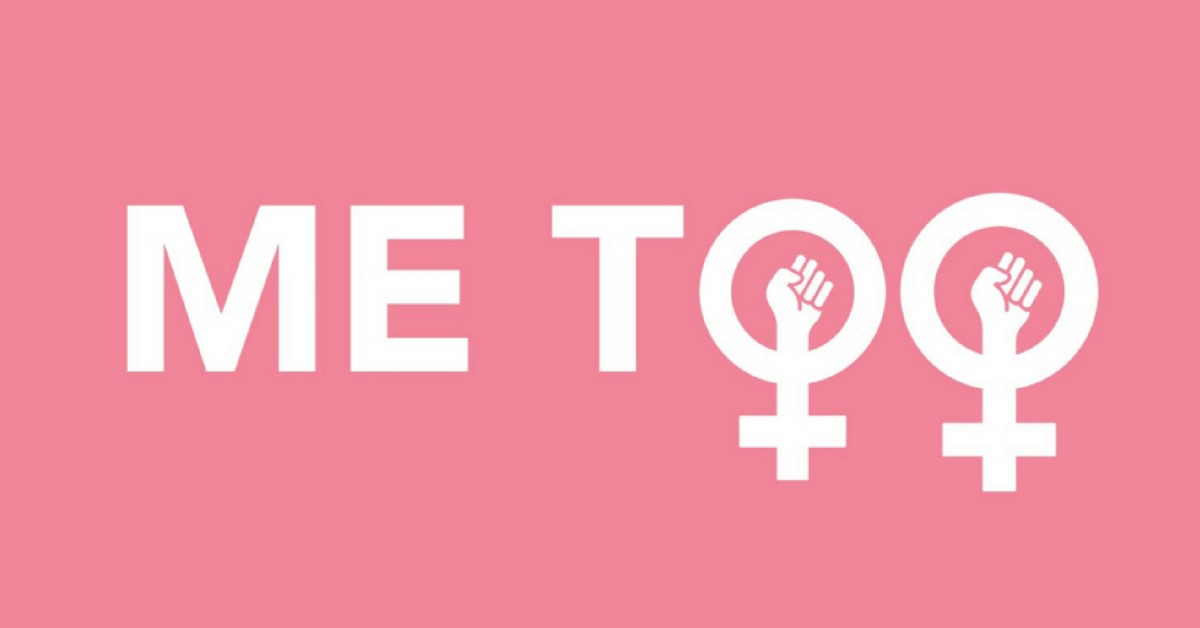It has been an unholy tradition for many years that powerful people can silence accusers using defamation suits, NDAs, and other legal tools that are weaponized in order to rummage through the life of accusers both financially and emotionally. The Me-Too movement was built on the foundation of brave people breaking their silences and once this silence is broken the only thing left to the powerful is to create another line of defense in obtaining gag orders against the press – a directive from a judge forbidding the public disclosure of information on a particular matter.
This is what happened last week when a UK-based billionaire filibustered the attempts by the Telegraph to publish accusations made against him. The newspaper on 24th October reported on the issue imposed on them on their front page as “The British #MeToo scandal which cannot be revealed.” This is a direct confrontation between the truth and the law. This is because if we had not later discovered the name of the businessman as Sir Philip Green as a result of Lord Hain using Parliamentary privilege, he would have been able to silence both the women who accused him of sexual harassment and journalists who sought to report on said harassment. Green is the chairman of Arcadia Group which owns brands like Topshop and Dorothy Perkins.

The situation is as complicated as it is delicate. The judges of the appeals court all of whom had experience in contract law and one in employment law did endorse the statement made by High Court Justice Haddon-Cave who said in this situation social interest outweighed self-interest and they did acknowledge the necessity of a free press. Nevertheless, The Telegraph was “gagged” from publishing about the businessman who was referred to in the judgment as “ABC” because an NDA and any MPs and experts in employment law came out too to vocally condemn such an act.
The legal position on NDAs is clear. In theory, the process by which people sign these contracts should be totally voluntary as the agreement takes away their right to publicly disclose the information set out in the terms. This completely negates the reality where powerful men like Sir Philip Green can spend as much as £5 million on injunctions and the accusers are unable to go up against them without being crippled financially. As Prime Minister Theresa May has said on public records about her intentions of restricting the use of NDAs, this shows political forces are guiding this change in a positive direction.
However with all the other matters at hand how quickly this change will take place is a matter of concern. Lord Hain has come under immense criticism from his colleagues in the legal community for this breach after it was revealed that he is a paid advisor to the law firm which opposed the injunction. Regardless Lord Hain has made his stance clear when he said he will “neither retract nor apologize for standing up for human rights”. Has he violated the judgment and misused parliamentary privilege to do so? I would say no for if we are to put the two sides on the weighing balance of Lady Justice, we know which side tends to be taken – the rich with power that can be bought with that wealth. This is the horrible truth
Aniruddha Gupta
(Main Image Credit: Medium)

